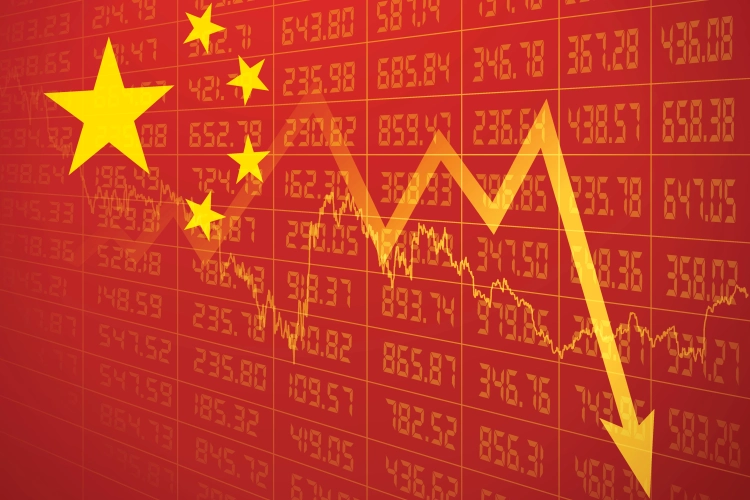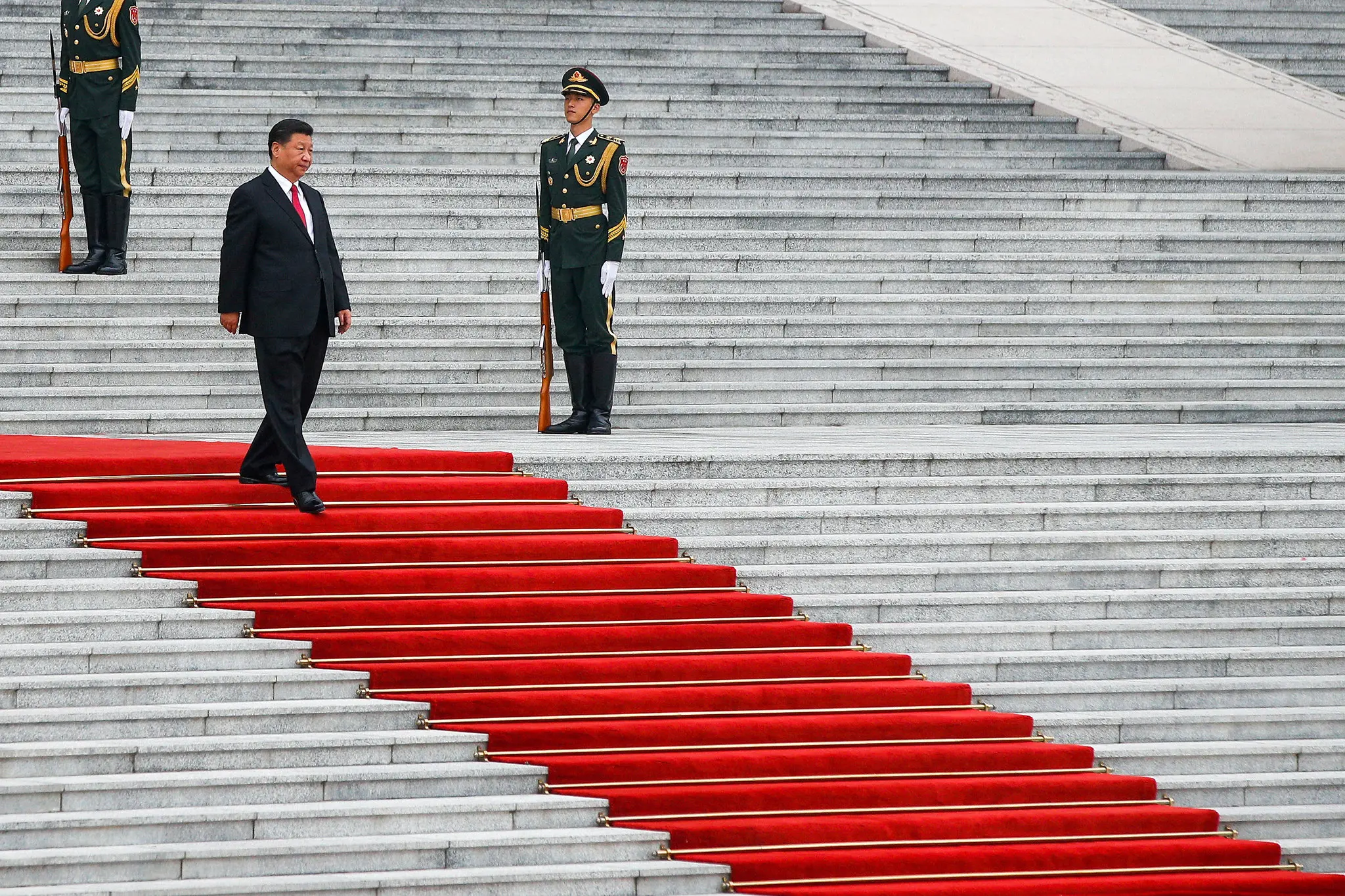The miracle economy of China is declining but this is the question which is asked by many people. Since it is not something which we see regularly, in fact, it amazes many people and it is answered by many experts as to why this is happening.
The expert cited reasons like pandemics and the recent disaster of China’s Real estate giant Evergrande falls. Since countries like Australia and USA started blaming China for the horrifying virus which led to disturbances in the whole world.
It made the countries take some aggressive steps and many big companies started shifting their companies base from China to countries like India and Vietnam. It automatically contributed to the downfall of China’s economy as it faced revenue loss in the form of Tax and employment.

Another reason, as discussed earlier, is the falling of its Real estate Giant Evergrande which forced China to reduce its dependence on the Real Estate sector which also forced the economy to fall. China’s Real Estate sector was a huge part of China’s economic growth. China, after reducing its dependence on real estate, decided to grow its economy through education and technology.
Data released last week revealed a steep drop in growth to 4.9 per cent in the third quarter, down from 7.9 per cent the previous quarter, with more pain on the way as energy shortages remain. Even before the epidemic, China surprised analysts with slower-than-expected growth, owing to Beijing’s determination to reduce debt risks, which meant avoiding broad stimulus even as the US-China trade war threatened expansion. After a brief reprieve to mitigate the worst impacts of the coronavirus, the country’s debt-control policy was reinstated, with real estate firms like China Evergrande Group bearing the brunt of the consequences.

It is not easy for experts in China to get optimal figures as there are many risks involved in it. Another concern is that China’s officials may find it difficult to return to development mode if they believe it is necessary. Citigroup economists led by Mr Xiangrong Yu remarked that the energy shortages constraining industrial production will make it more difficult to cushion growth by increasing infrastructure expenditure.
According to them, such a scheme might only function next year after the power crisis subsides. Local governments are also struggling to identify feasible projects to invest in, while tight financing has hampered land acquisitions by property developers, threatening to erode a US$1 trillion (S$1.35 trillion) revenue stream for local governments. A drop in GDP entails a drop in tax income for the Chinese government.
When you consider that China is a communist country, this becomes a significant issue. A centralized economy is one in which monies are distributed from the centre. Falling tax income and increased spending have resulted in shortages that must be met by borrowing money. Borrowing is not a feasible option given the debt trap that China may soon find itself in.
China will have to find new ways to collect more taxes, or else it would have to slash expenditure, even more, leading the GDP to plummet.
Also Read: Japan’s Princess Mako ditches royal status and chooses to marry her boyfriend.
















